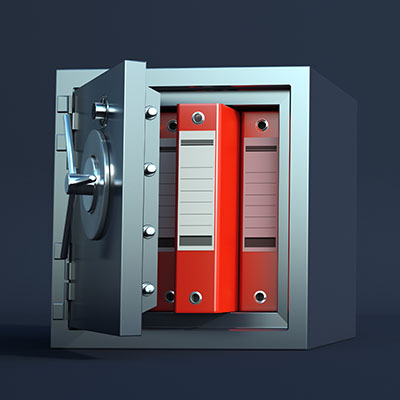
Businesses have been utilizing flexible working conditions in increasing droves, due in no small part to the pandemic, but many continue to hold onto these policies in at least some capacity. Businesses, therefore, need to be very cognizant of data retrieval policies and security measures that can keep their organization safe.
Consider just how much data is actually sent to and from your office from remote locations on a daily basis. Now imagine the kind of network security you might keep for your personal home Internet connection, only decreasing the security protocols associated with it. It suddenly becomes fair to say that your employees might not be utilizing the same security standards that you might require for your company’s data security needs. You need to make sure that you are doing what you can to protect your data while it’s moving to and from your network.
These types of trusted connections are absolutely critical for your remote employees, and you can establish these systems through the use of encryption. Technology companies understand the importance of encryption for security, leading them to integrate it into their products and making it more accessible as a whole. Still, businesses need to make sure that encryption is available wherever possible, as failing to implement it properly could result in a potential data theft.
How Does Encryption Operate?
Data encryption works by scrambling the data to ensure that it’s illegible to any who try to steal it while it’s moving from one location to another. Once the data is received at its destination, it is then decrypted, or put back together, using a key that only the recipient holds. This is the most secure way of transporting data without fear of the data being stolen while it’s in transit.
How Does a Remote Workforce Use Encryption?
When your team isn’t centralized in one location, it can be challenging to control the security of their connections. Whether it’s public wireless communications or lackluster home Internet security, many of these connections are lacking in security, to say the least. Encryption is a valuable tool to preserve the security of your data, even under difficult circumstances.
Standalone encryption tools do exist, but they are generally less effective than an all-encompassing enterprise-level virtual private network solution. A VPN can help you encrypt files while they are in transit, making it much more difficult for hackers to steal your data and harm your company.
Ready to Get Started?
You shouldn’t take data security lightly. If you have any doubts as to your current security practices, Nexela can help you determine improvements and potential solutions to your data security woes. To learn more, call us today at (215) 525-3223.
